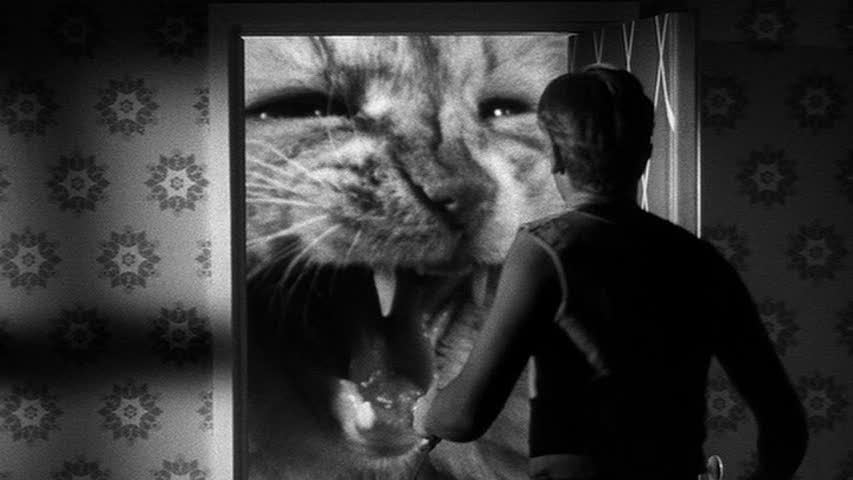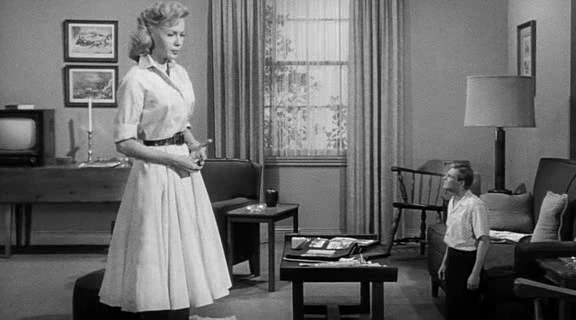Arne Hendricks will be presenting The Incredible Shrinking Man at the Next Nature Power Show on November 5th.
Social erosion, fisheries depletion, deforestation- for the 7 billion people on earth, we're not just approaching an era of resource scarcity, we're already there. Except for the lucky few, food, shelter, and even water can be expensive and in short supply. We have tried to address global problems with bigger technologies and bigger laws, but what if we decided to go small? Really small. How would the world change if every human was only 50 centimeters tall?
Since first being featured on Next Nature, Arne Hendricks' project The Incredible Shrinking Man has gained a half dozen collaborators and an encyclopedic amount of reporting and speculation. The benefits of downsizing the human species are practical and wonderful: We could fit dozens of people in the average bedroom, use sunflowers as edible tables, and wander through a permanent amusement park of giant objects left over from our time as giants. One chicken could provide meals for 100 people. A single apple could power you for an entire day. The world's current existing renewable energy facilities would be more than adequate to run our tiny brave new world. Not to mention the health benefits. Short people tend to live longer and have a lower risk of cancer than their lanky friends.

Hendricks recognizes the downsides to shrinking the human race. Chief among these concerns are what might happen to our lavish, oversize brains. Homo florensis appears to have had a relatively complex hunter-gather society, despite their hobbit-like proportions, though there's no guarantee that a significantly smaller brain would function just as well as our existing ones. Scientists would have to figure out a way to decrease the size, but not number, of our neurons.
Our new Lilliputian bodies also lead to more everyday issues. As the pitches of our voices changed, old music and media would sound strangely loud and deep. Hail would be fatal, heavy rain would give us bruises, and house cats would be as threatening as African lions. Of course, given our ingenuity at utilizing resources, it may be that 7 billion tiny humans quickly multiply to 30 billion, and outstrip whatever ecological deliverance Hendricks is hoping for.
Images via k-stalker and seul-le-cinema.

Share your thoughts and join the technology debate!
Be the first to comment